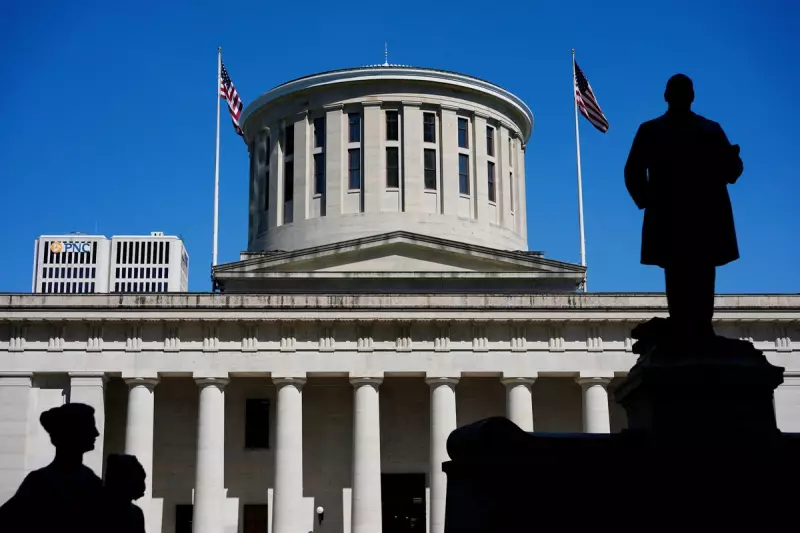
A contentious legislative battle is unfolding in Ohio as lawmakers consider a controversial bill that would allow businesses to refuse service to LGBTQ+ individuals based on religious objections. The proposed legislation, currently moving through the Statehouse in Columbus, has drawn sharp criticism from civil rights organisations and unexpected interfaith opposition.
Civil Liberties Under Threat
The American Civil Liberties Union of Ohio has emerged as a leading voice against the measure, warning that it could effectively legalise discrimination against the LGBTQ+ community. "This bill creates a license to discriminate under the guise of religious freedom," stated a spokesperson for the organisation.
Under the proposed law, businesses ranging from restaurants to retail stores could legally deny services to same-sex couples, transgender individuals, and other LGBTQ+ community members if serving them conflicts with the business owner's religious beliefs.
Unexpected Interfaith Opposition
In a surprising development, Hindu leaders have joined the chorus of opposition. Representatives from the Hindu community have expressed concern that the legislation could be used to justify discrimination against their own community and other religious minorities.
"True religious freedom means protecting all faiths equally, not creating hierarchies of protection," noted a Hindu community representative involved in the opposition efforts.
National Implications
The Ohio legislation reflects a broader national trend of similar bills being introduced in state legislatures across the United States. Civil rights advocates fear that if passed, the Ohio bill could inspire copycat legislation in other states, potentially eroding LGBTQ+ protections nationwide.
Supporters of the bill argue it protects religious business owners from being forced to participate in events or provide services that violate their deeply held beliefs. However, opponents counter that civil rights protections should apply equally to all citizens regardless of sexual orientation or gender identity.
What Happens Next?
The bill's progression through the Ohio legislature is being closely monitored by both supporters and opponents. As debate continues, civil rights organisations are mobilising grassroots opposition and preparing for potential legal challenges should the measure become law.
The outcome in Ohio could have significant implications for the national conversation around religious freedom, civil rights, and the limits of anti-discrimination protections in the United States.





